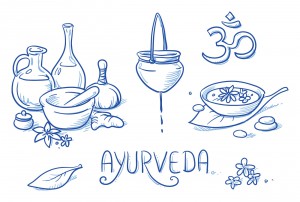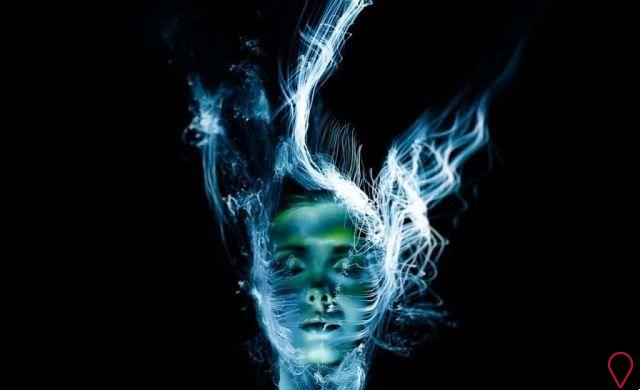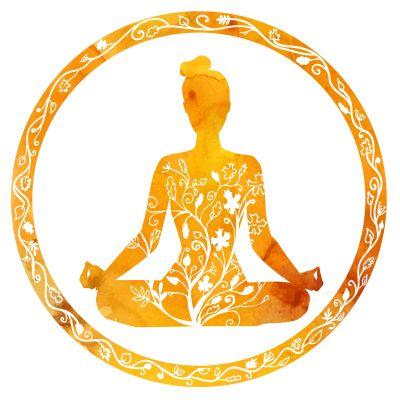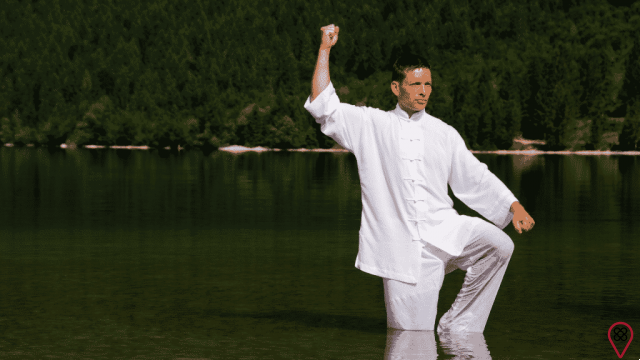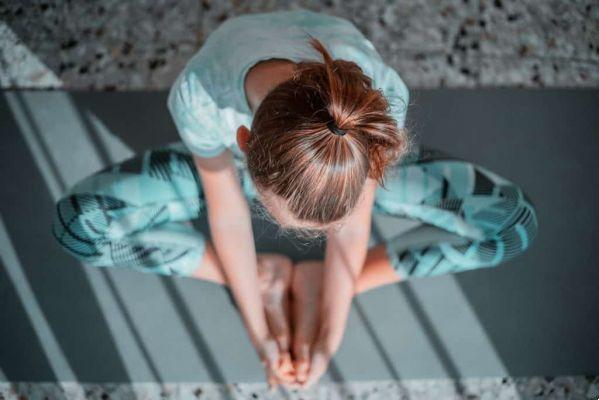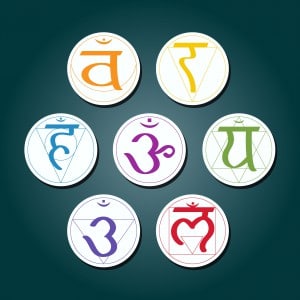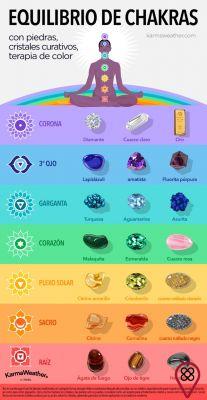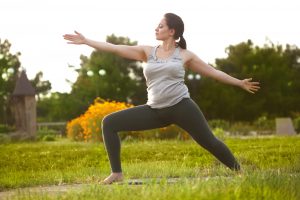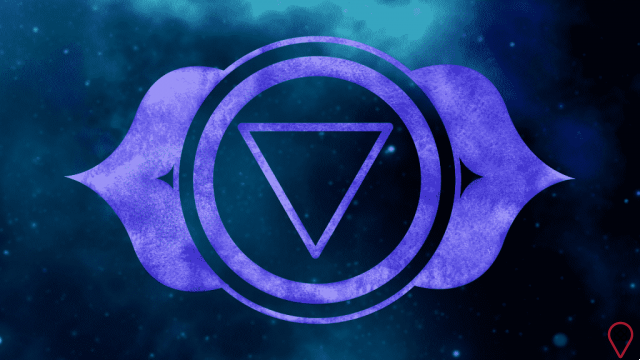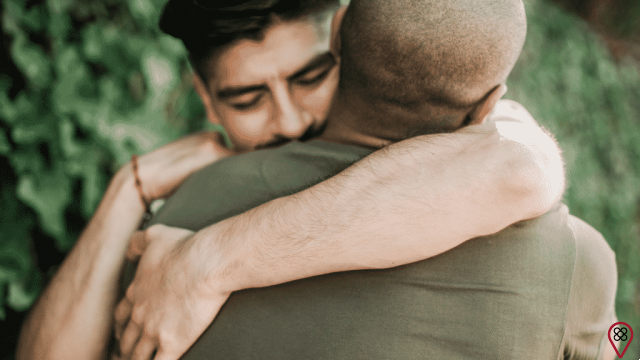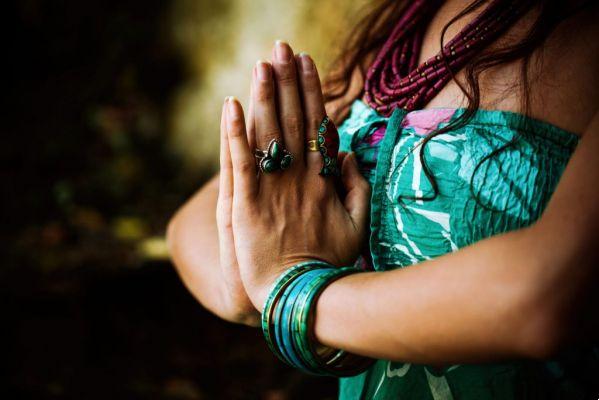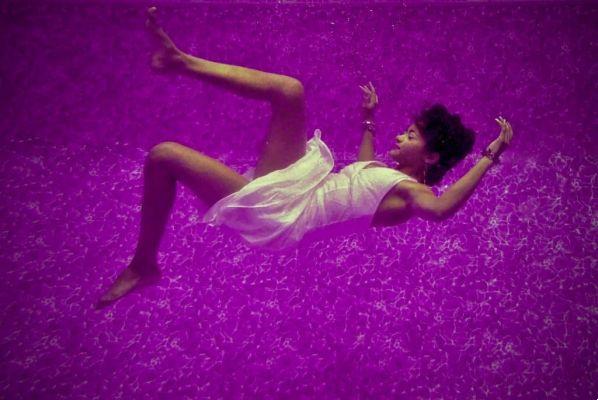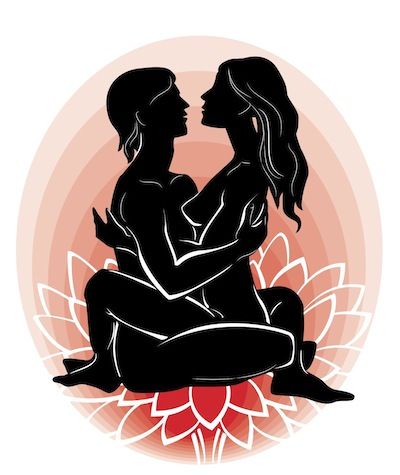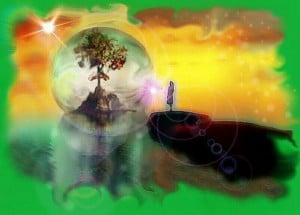A few years ago I saw a person wearing a t-shirt with the following sentence: “Whatever the question, the answer is the same: do Yoga”, literally translating into Portuguese it would be something like: Whatever the question, the answer is the same : do Yoga“.
I get the feeling sometimes that this little statement says a lot more about my actions than I dare admit to my friends who don't practice Yoga, because I'm afraid of being labeled a radical, or obsessed with the practice. When we talk about anxiety, Yoga has some tricks that help keep this annoying presence under control.
content index
- Agitation, Blocking, and Balancing: Rajas, Tamas, and Sattva
- Steps to Say Goodbye to Anxiety
- See Anxiety as an Ally, Not an Obstacle
Anxiety is more than seeing yourself as incomplete. In our life journey we have some companions who are persistent and with whom we need to live and negotiate solutions, one of them can be anxiety. Some people are accompanied by anger, sadness, fear, or even remorse. They are not always there all the time, but intermittently, they manifest against our will.
Even I get anxious, because I end up assuming that the practice of Yoga should cure me of the symptoms of anxiety, but it doesn't go away. Even though she's relieved, she's lurking around and takes me by surprise when I least expect it.
When we talk about Yoga, I can end up getting anxious when I have an expectation about something, when I want to anticipate the results obtained by the practice. Expectations, whether related to Yoga, or related to health, well-being, fighting stress and even the search for states of enlightenment, are sources of frustration that can lead to anxiety.

Agitation, Blocking, and Balancing: Rajas, Tamas, and Sattva
What is anxiety? It's suffering in anticipation and worrying about things ahead of time.
Taking this definition into account, it is possible to see that anxiety is the opposite of depression, although sometimes both conditions manifest at the same time.
From the Vedic view, a thought that leads to anxiety is said to be rajasic, while thoughts that lead to depression are said to be tamasic. In Sanskrit the word rajas means action, and the word tamas means immobility.
Anxiety can be represented, then, by the difficulty of dealing with day-to-day excesses, while depression is best represented by the absolute lack of inspiration and stimuli. If your desire is to stay away from these two extremes, it is important to seek a balance, that is, a middle path, which is called sattva.
sattva it means harmony, balance and peace, and thus, considering this path: the balance between letting oneself be carried away by stimuli and becoming indifferent to them.
To talk about anxiety, we will consider some specific situations with which it can be linked:
- The desire for time to stop, or for it to pass faster.
- The desire for people around you to behave in a different way.
- Wanting things to happen differently.
- Feeling powerless in the face of situations that you have no control over.
Steps to Say Goodbye to Anxiety
Do you want to say goodbye to anxiety? The first step, and perhaps the most important, is to admit that you are an anxious person. It's no use denying this feeling, turning your back on it. Ignoring it doesn't work, just like sweeping the dirt under the rug doesn't work either.
After admitting what you feel you should understand that anxiety is not a problem! Finally, start looking at yourself as a person who does not place his tranquility and happiness in the results of his actions, and who, it is no use anticipating his worries, as well as he will not take any of the complaints about the results that did not come close to the expected. .
The god Krishna tells Prince Arjuna that the problems that suffering causes him so much are insignificant. However, the prince's situation is serious wherever we look at it: he finds himself in a position to go to war with his own family. Regarding Arjuna's despair, Krishna says, “You are mourning for whom you should not mourn, though your words are wise. The truly wise man has no tears, either for the living or for the dead.” Master Hermógenes also says the same in other words: “Don't worry about trifles. Everything is a trifle!”
Taking into account the thoughts described, we must remember that there are things that will be out of our reach and that we will not be able to do anything about them, we will not be able to change, transform or improve, even if we try too hard. As the popular saying goes: “what has no remedy, is remedied”.
Still in this sense, some actions that we carry out in order to transform something do not always produce the expected results. As another popular saying goes: “There is no use crying over spilled milk”. And it's no use at all. If the result of your actions was far from what was expected of you, relax, take a deep breath, turn the page and start again.
See Anxiety as an Ally, Not an Obstacle
Remember if: you are not anxiety! Not even the thoughts that produce it, much less the emotions that follow it.
Keep in memory: you are tranquility and peace! Regardless of what you are living, regardless of instability or uncertainty.
Without counting the three steps mentioned above, perhaps the main remedy for anxiety is to see yourself as a full and fulfilled human being, someone whose happiness does not depend on any actions, or situations, let alone other people.
There is no way to become happy or full, for you are already fullness and happiness. In Krishna's dialogue it says that "the wise have no tears, neither for the living nor for the dead", and so, for everything there is an order and we are part of it.
You might also like:
- Understand the symptoms and treatment of anxiety
- See if depression can be cured
- Enjoy free psychological care
- You will only be happy if you go slowly!
- It's no use blaming others
It is illogical to think that we are not a part of wholeness. We are fullness itself. To which nothing can be added, much less taken away. By looking at ourselves in this way, we will lose that pressure, that insecurity, the desire for time to fly, or even stop. We will lose the will to control people and situations, as well as we will be able to accept with gratitude everything we have to live with on a daily basis.
I left it to write this text on the last day and, instead of worrying about the topic and the days that passed, I chose to surf and wait for inspiration. Sometimes she appears in a flash and the text is ready in a short time, other times she doesn't show up and I stay late on the last day of the deadline to write. But I never get stressed! For this text I surfed for three hours until I assumed it was time to write it. And I calmly conclude that you, reader, enjoy it, just as I was able to enjoy it.
Namaste!



